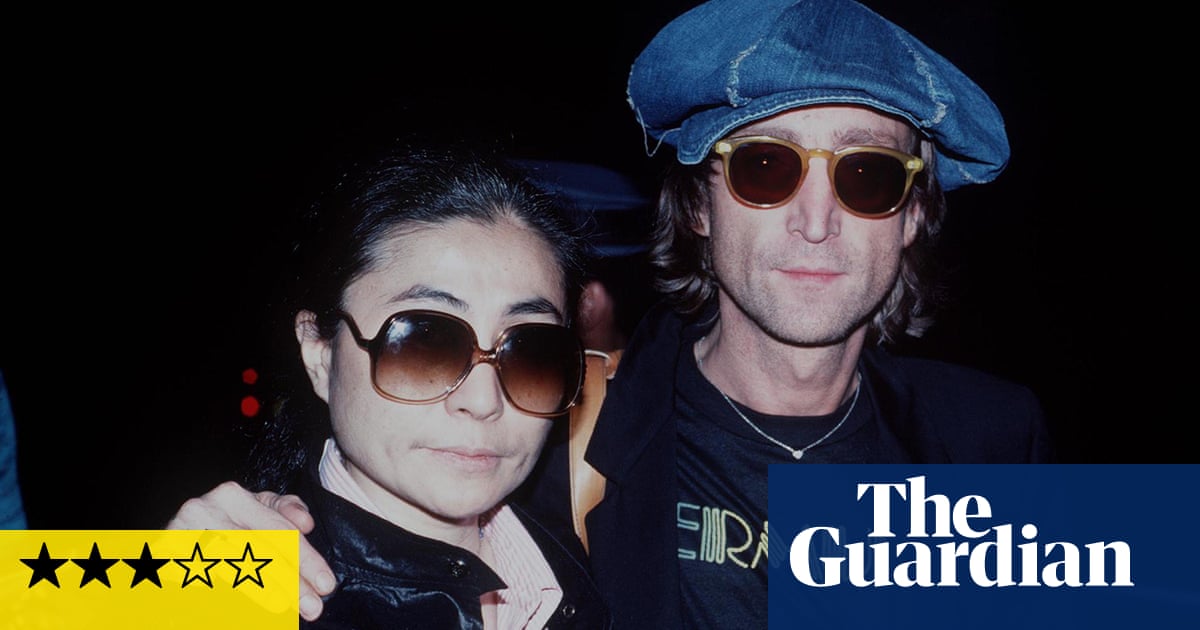We have recently seen a slew of intriguing movies about John Lennon’s post-Beatles existence:The Lost Weekend: A Love Story, about Lennon’s brief relationship with his assistant May Pang, and Kevin Macdonald’s excellent archive-clip-collage studyOne to One: John & Yoko. Now here is a lengthy and self-consciously reverential film, which is sadly the weakest of the group. It doesn’t quite get to grips with the implications of its own title (was Lennon on “borrowed time”, exactly, in the 1970s?) and there’s an awful lot of hot air from an awful lot of talking heads in its lengthy running time, some of whom are regaling us with less-than-premium-quality anecdotes – often just beamingly recalling the pinch-me moment they actually met John Lennon and, wow, he said hi and they couldn’t believe it.
The film covers the whole period from Lennon’s arrival in New York right through the decade, the solo albums, quarrels with Paul, protests, interviews, joint ventures with Yoko, the struggle to get a green card, the “lost weekend” with Pang, and finally his murder at the time he was planning an ambitious new global tour. Beatles-expert veterans like Ray Connolly and Philip Norman offer their reminiscences, along with broadcasters like Andy Peebles, Bob Harris and Tony Palmer – but, frankly, there are no alpha-level surviving intimates of Lennon.
Obviously, there’s food for thought here, a fair bit of wheat among the chaff: I didn’t know that John Lennon did a special concert in New York with Tom Jones and Peter Sellers calledA Salute to Sir Lew Grade, which is the kind of detail that would appeal to Beatles obsessive Craig Brown. One interviewee had an overhead view of Lennon’s dead body on the sidewalk from his apartment window and, believing that a photo would be in bad taste, he instead did an eerie on-the-spot painting of the grim scene – which the film shows. And it’s still a strange moment to see the TV news interview with Paul McCartney reacting at the time, clearly in shock, nervously chewing, appearing to be casual and even callous. I think Lennon himself might have been impatient with some of the piety here, but it’s always interesting and sincere.
Borrowed Time: Lennon’s Last Decade is in UK cinemas from 2 May.
